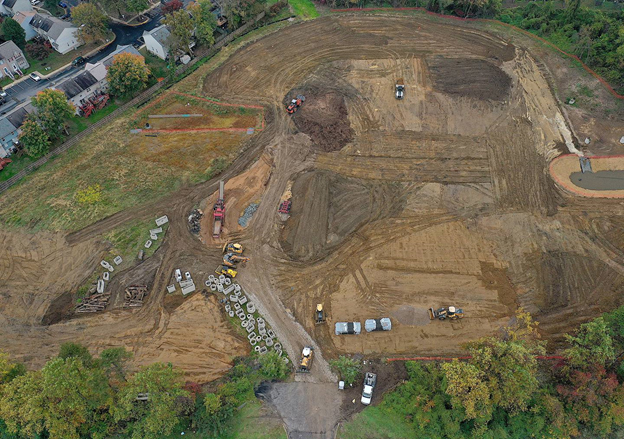Maryland Department of Natural Resources
Hogan’s record as governor a classic case of self-dealing
Seeking reelection in 2018, Hogan released tax returns showing he had made $2.4 million from such deals in his first three years in office. No other governor has earned as much outside income while in office. Paralleling Trump, he has set up a very profitable system whereby he can use his powerful government position to increase his private profits. Last year, he purchased a $1.1 million five-bedroom home on six acres in Davidsonville. This is a striking financial turnaround considering Hogan was forced to file for bankruptcy in April 1994, when lenders called his loans and he liquidated his real-estate business and $750,000 home in Upper Marlboro.
Read More‘Don’t Let the Tea Party Set the Agenda’
(This is sixth in an ongoing series of posts on What’s It Going to Take?: A look at how the environmental community can regain the initiative and build the political will necessary to clean up the Chesapeake Bay.)
In this exclusive interview, Maryland state Sen. Paul Pinsky tells the Bay Action Plan that, “We shouldn’t be taking our cue from the Tea Party,” when it comes to cleaning the Chesapeake Bay. “The correct response to them is to ask, ‘What is the right thing to do?’ We shouldn’t allow them to shape the dialogue.”
Read MorePartnering for a Clean Bay: Providing Locals the Necessary Resources to Achieve Success
(Posted by Brenton McCloskey)
It takes the dedication and hard work of communities, businesses, individuals and – most of all, committed partnerships – to improve the health of the Chesapeake Bay and its tributaries. With the U.S. Environmental Protection Agency’s (EPA) prescribed “pollution diet” mandating new reductions in the Bay watershed, partnerships are essential now more than ever. In order to meet the EPA’s target date to improve the Bay by 2025, the combined efforts of these concerned citizens and organizations is essential to successfully fulfilling these goals.
Local governments have been asked by the State, via federal mandates, to submit individual Watershed Implementation Plans (WIPs) to meet local water quality goals. With the EPA requirements on a fast-track, it is important that Maryland maximize its available resources to ensure the Bay is healthy and economically viable now and into the future.
Read More